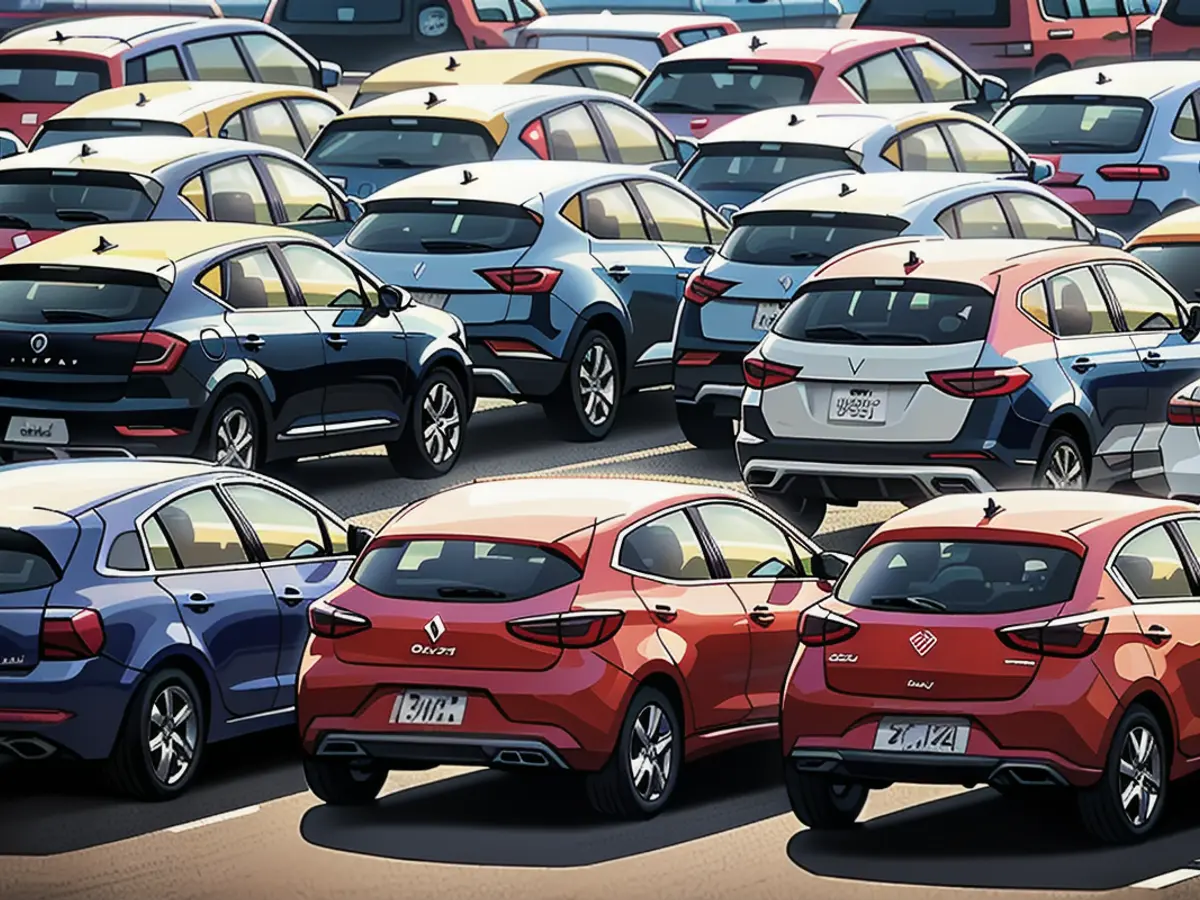Electronic cars will remain idle for 100,000 in Germany.
Automotive researcher Werner Olle issued a warning about the slow sales of electric vehicles, predicting over 100,000 cases where these vehicles are left unused. Despite growing exports, this trend can't compensate for the lackluster sales in Germany.
German automotive experts from Chemnitz found that tens of thousands of electric cars are sitting idle in the country. Last year, around 100,000 electric cars were left unsold, with these vehicles stacked up in factory lots, at dealerships, or at ports. This issue affects both domestic brands and imported vehicles. The decline in sales is attributed to the sudden withdrawal of electric car subsidies last year.
The end of electric car subsidies caused a drop in domestic demand. Industry insiders speculated that buyers would prefer cheaper electric cars from China and other countries. However, the Federal Statistical Office revealed in May that exports of electric cars hit a record high in the previous year. In fact, 786,000 electric vehicles worth €36 billion were shipped abroad - a massive 58% increase. Twenty-five percent of all cars exported from Germany were purely electric.
Exports Won't Solve Everything
"Exporting won't heal all the wounds," Olle cautioned. Unsold production is costly, and these vehicles have to be sold at a loss. The statistics show a severe disconnect between manufacturing and local demand.
Volkswagen revealed plans in May to offer electric cars for €25,000 by 2026, and even cheaper models by 2027. CEO Oliver Blume stated at the announcement that these vehicles would be produced in Europe: "The goal is electric entry-level mobility from Europe for Europe."
Meanwhile, Tesla appears to be taking a different approach. They shelved plans to launch an affordable electric vehicle, two sources told Reuters in April. CEO Elon Musk retaliated by accusing the news agency of lying and repeated his promise to introduce robotaxis by the end of the year.
Read also:
Despite the record high exports of electric cars from Germany, over 100,000 electric cars remain unsold within the country, leading to concerns among automotive experts like Werner Olle. Germany, with its sudden withdrawal of electric car subsidies last year, is facing a disconnect between manufacturing and local demand for electric vehicles, contributing to the idling of thousands of electric cars.








